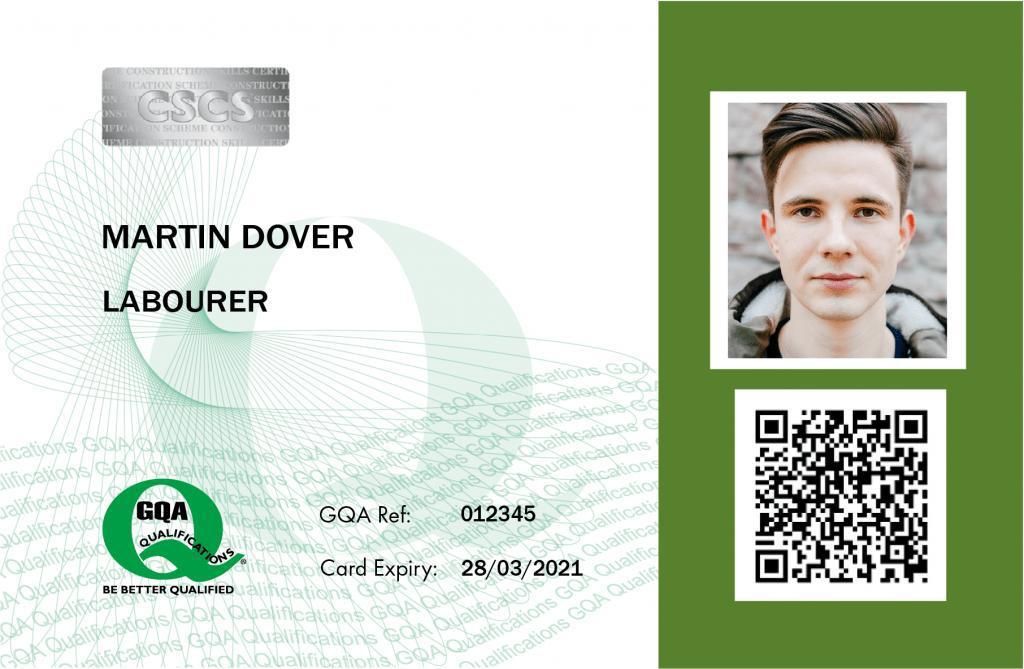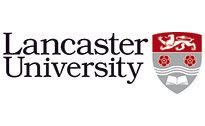
Sustainability and Future Planning
Course ID: 2509080101389ESH
Course Dates : 08/09/25 Course Duration : 5 Studying Day/s Course Location: London, UK
Language: Bilingual
Course Category: Professional and CPD Training Programs
Course Subcategories: Operations and Process Excellence
Course Certified By: ESHub CPD & LondonUni - Executive Management Training
* Professional Training and CPD Programs
Leading to:
Executive Diploma Certificate
Leading to:
Executive Mini Masters Certificate
Leading to
Executive Masters Certificate
Certification Will Be Issued From :
From London, United Kingdom
Course Fees: £5,120.30
Vat Not Included in the price. VAT may vary depending on the country where the course or workshop is held.
Click to Pay
Date has passed please contact us Sales@e-s-hub.com
Course Information
Introduction
Sustainability has emerged as a cornerstone of modern organizational strategy, transcending its origins in environmental science to become an integral part of business planning and societal development. As industries grapple with the dual pressures of resource scarcity and evolving consumer expectations, the ability to integrate sustainability into long-term planning is no longer optional—it is imperative. This course delves into the principles and practices that enable organizations to align their operational strategies with sustainable goals, ensuring resilience in an increasingly complex global landscape.
The urgency of addressing sustainability challenges cannot be overstated. From the depletion of natural resources to the socio-economic impacts of climate change, businesses face unprecedented risks that demand innovative solutions. Yet, many organizations struggle to bridge the gap between theoretical frameworks and actionable strategies. For instance, while the United Nations’ Sustainable Development Goals (SDGs) provide a robust blueprint for global progress, translating these goals into measurable outcomes remains a persistent challenge. This course addresses this gap by equipping participants with tools and methodologies to transform abstract concepts into tangible results.
A critical aspect of sustainability lies in its interdisciplinary nature, drawing on insights from economics, environmental science, social policy, and corporate governance. By integrating these perspectives, participants will gain a holistic understanding of how sustainability intersects with organizational success. Consider the case of Patagonia, a company renowned for embedding sustainability into its core business model. By prioritizing ethical sourcing and circular economy principles, Patagonia not only reduced its environmental footprint but also enhanced brand loyalty and profitability. Such examples underscore the transformative potential of sustainability when effectively implemented.
For professionals, mastering the principles of sustainability offers a competitive edge in an evolving job market. Employers increasingly value candidates who can navigate the complexities of sustainable development, balancing economic growth with environmental stewardship. Organizations, too, stand to benefit significantly. Companies that prioritize sustainability report higher employee engagement, improved risk management, and enhanced market differentiation. These advantages are further supported by frameworks such as Michael Porter’s Shared Value Theory, which posits that businesses can create economic value while simultaneously addressing societal needs.
Despite its evident benefits, the path to sustainability is fraught with challenges, including regulatory compliance, stakeholder alignment, and technological limitations. For example, the transition to renewable energy sources often requires significant upfront investment, creating financial barriers for smaller enterprises. This course addresses these obstacles by providing practical guidance on leveraging available resources, fostering partnerships, and designing scalable solutions. Participants will explore real-world scenarios, such as Tesla’s disruption of the automotive industry through electric vehicles, to understand how innovation can overcome systemic barriers.
Ultimately, this course empowers participants to become catalysts for change within their organizations and communities. By blending theory with practice, it fosters the skills necessary to craft forward-thinking strategies that balance immediate needs with future aspirations. Whether you are an emerging leader seeking to enhance your professional capabilities or a seasoned executive aiming to future-proof your organization, this course offers invaluable insights into the dynamic field of sustainability and future planning.
Objectives
By attending this course, participants will be able to:
Analyze the key principles of sustainability and their relevance to contemporary business challenges.
Evaluate the impact of global sustainability frameworks, such as the SDGs, on organizational decision-making.
Design actionable strategies to integrate sustainability into long-term business planning.
Apply tools and methodologies to assess and mitigate environmental and social risks.
Implement best practices for fostering stakeholder engagement in sustainability initiatives.
Synthesize data-driven insights to measure and report on sustainability performance.
Develop innovative solutions to address specific sustainability challenges within their industries.
Who Should Attend?
This course is ideal for:
Corporate leaders and senior executives responsible for strategic planning and sustainability initiatives.
Environmental managers and consultants tasked with driving organizational change.
Policy analysts and government officials involved in shaping sustainability regulations.
Entrepreneurs and small business owners seeking to embed sustainable practices into their operations.
These groups will find the course valuable due to its focus on bridging the gap between theory and practice, offering practical tools and frameworks that can be directly applied to their roles. While prior knowledge of sustainability concepts is beneficial, the course is designed to accommodate both beginners and intermediate learners, ensuring accessibility without compromising depth.
Training Method
• Pre-assessment
• Live group instruction
• Use of real-world examples, case studies and exercises
• Interactive participation and discussion
• Power point presentation, LCD and flip chart
• Group activities and tests
• Each participant receives a 7” Tablet containing a copy of the presentation, slides and handouts
• Post-assessment
Program Support
This program is supported by:
* Interactive discussions
* Role-play
* Case studies and highlight the techniques available to the participants.
Daily Agenda
Daily Schedule (Monday to Friday)
- 09:00 AM – 10:30 AM Technical Session 1
- 10:30 AM – 12:00 PM Technical Session 2
- 12:00 PM – 01:00 PM Technical Session 3
- 01:00 PM – 02:00 PM Lunch Break (If Applicable)
- Participants are expected to engage in guided self-study, reading, or personal reflection on the day’s content. This contributes toward the CPD accreditation and deepens conceptual understanding.
- 02:00 PM – 04:00 PM Self-Study & Reflection
Please Note:
- All training sessions are conducted from Monday to Friday, following the standard working week observed in the United Kingdom and European Union. Saturday and Sunday are official weekends and are not counted as part of the course duration.
- Coffee and refreshments are available on a floating basis throughout the morning. Participants may help themselves at their convenience to ensure an uninterrupted learning experience Provided if applicable and subject to course delivery arrangements.
- Lunch Provided if applicable and subject to course delivery arrangements.
Course Outlines
Foundations of Sustainability
Introduction to sustainability principles and their evolution over time.
Overview of global sustainability frameworks, including the SDGs and Paris Agreement.
Key drivers of sustainability in business and society.
Case study: Unilever’s Sustainable Living Plan.
Day 2:
Risk Assessment and Compliance
Identifying environmental and social risks in organizational contexts.
Navigating regulatory requirements and compliance standards.
Tools for conducting sustainability audits and impact assessments.
Group activity: Risk assessment simulation.
Day 3:
Strategic Integration
Aligning sustainability goals with organizational objectives.
Developing a roadmap for sustainable transformation.
Leveraging technology and innovation for sustainable practices.
Workshop: Crafting a sustainability action plan.
Day 4:
Stakeholder Engagement
Building partnerships with stakeholders to drive sustainability.
Communicating sustainability initiatives effectively.
Measuring stakeholder impact and feedback.
Case study: IKEA’s collaboration with suppliers for sustainable sourcing.
Day 5:
Monitoring and Reporting
Metrics and KPIs for tracking sustainability performance.
Best practices for sustainability reporting and transparency.
Emerging trends in sustainability measurement.
Final project presentation: Participants present their sustainability strategies.



















































